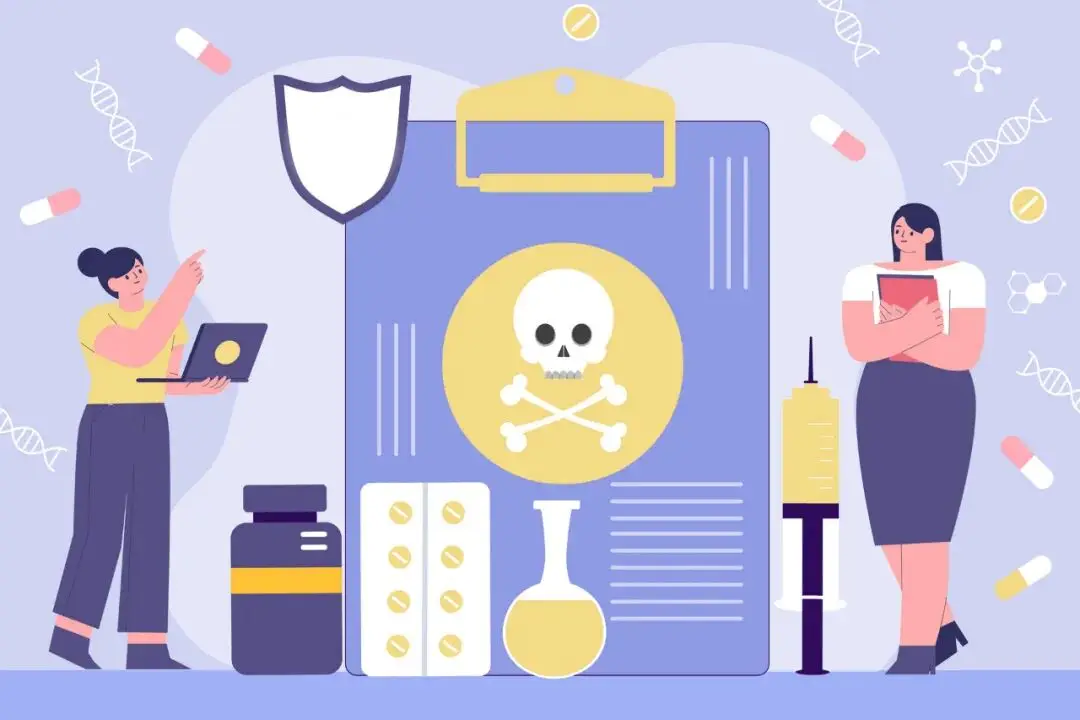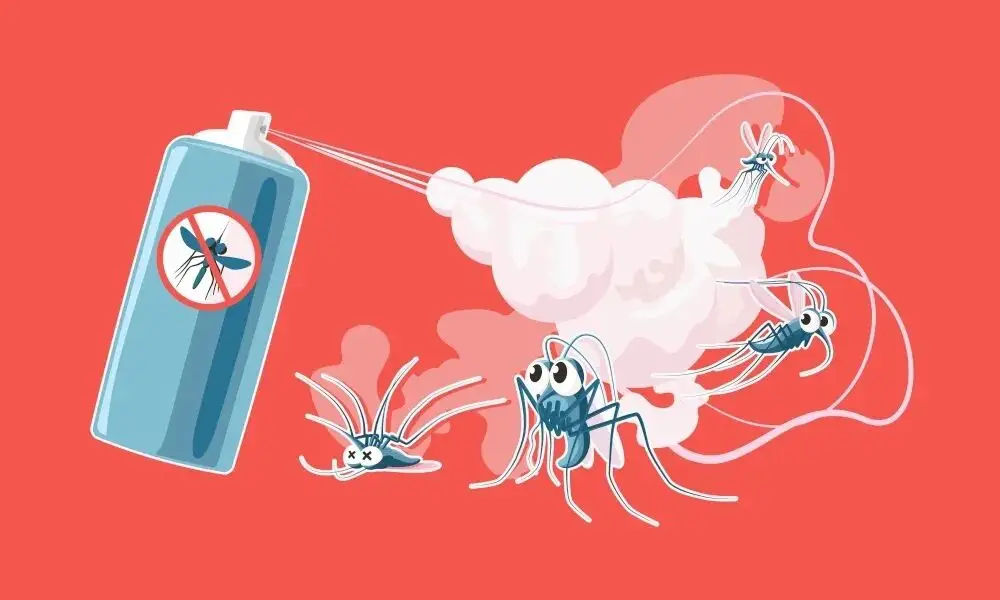Recently, the Xianlin Subdistrict Office of Yuhang District, Hangzhou City, Zhejiang Province, China, issued a report stating that Ms. Tu, a resident, accidentally came into contact with discarded hydrofluoric acid while entering an open space near Xianlin Middle Road and was poisoned. She was sent to the hospital but died despite medical treatment.
Hazardous chemicals may seem distant, but they are actually hidden in our daily lives.

◆ How Dangerous is Hydrofluoric Acid?
Hydrofluoric acid is a highly hazardous, extremely toxic chemical. It is colorless and transparent with a pungent odor. It is extremely corrosive and can corrode metal, glass, and silicon-containing materials. Its dangerous properties stem from its dual nature.
As a moderately weak acid, hydrofluoric acid can cause irritation and corrosion to human tissue.
Fluoride ions are highly penetrating and can bind to calcium and magnesium ions in the blood and bones, causing a sudden drop in blood calcium, osteolysis, and disrupting electrolyte balance.
In low concentrations, exposure may be painless initially, but by the time severe pain develops hours later, deep tissue necrosis has already occurred, and it can even cause fatal hypocalcemia and cardiac arrhythmias.
◆ First Aid for Accidental Exposure
Remember the three steps of first aid; each step is crucial and should not be omitted or delayed.
1. Rinse immediately.
Immediately flush the affected area with plenty of running water for at least 15 to 30 minutes to minimize the chemical concentration.
2. Call for help immediately.
Immediately have someone nearby call the hospital's emergency number. If you know the contact was with hydrofluoric acid, emphasize "hydrofluoric acid poisoning" on the call. If the contact was with an unknown liquid, bring the liquid and seek medical attention immediately.
3. Administer an antidote as soon as possible.
If calcium gluconate gel is available for hydrofluoric acid first aid, apply it immediately after rinsing. If not, cover the wound with a clean, damp cloth and seek medical attention immediately.
It is important to note that exposure to hydrofluoric acid should not be taken lightly simply because it does not cause pain initially. Delaying treatment can lead to irreversible damage or even death.
◆ How to safely store hydrofluoric acid
Special containers must be made of corrosion-resistant plastics such as polyethylene. Glass bottles are strictly prohibited (hydrofluoric acid can corrode glass).
Mark containers with "Highly Toxic" and "Corrosive" warnings and a skull and crossbones image to ensure they are clearly visible.
Store in a cool, ventilated, dedicated hazardous materials warehouse or leak-proof cabinet in a safe environment and keep it locked.
Waste chemicals must be handled by qualified institutions and must not be discarded carelessly.
Chemical hazards are complex, hidden, and deceptive, so safety awareness must always be prioritized.
If you encounter unidentified liquids, especially those in non-standard containers, do not touch them out of curiosity. Relevant companies and practitioners must strictly follow safety regulations and avoid taking chances.
◆ Be aware of the hidden risks of chemicals in your home.
Besides hydrofluoric acid, these chemicals in our daily lives also carry hidden risks. It is important to be vigilant and store them properly, especially protecting children.
1. Alcohol
Alcohol vapors can explode when mixed with air and can also cause combustion and explosion when exposed to open flames or high temperatures.
Precautions: Store in a cool, ventilated place away from sources of fire, heat, and direct sunlight. When using alcohol for disinfection, avoid sources of fire.
2. Lighters
Lighters use flammable gas fuel that is pressurized and filled into a sealed chamber. Once heated, it expands rapidly and is easily ignited or exploded.
Precautions: On hot days, do not leave lighters in your car or in direct sunlight. Store them in a cool, dark place. Avoid crushing or impact.
3. Florida Water
Florida Water contains alcohol and is therefore flammable.
Precautions: Store in a cool, dark place, out of direct sunlight. Do not use open flames or mosquito swatters immediately after applying Florida Water.
4. Pesticide
The propane and butane components of pesticides can form explosive mixtures when mixed with air and are susceptible to explosions when exposed to open flames, sparks, or high temperatures. Pressurized pesticide spray bottles can also explode when heated by impact or friction.
Precautions: Store pesticides away from high temperatures, direct sunlight, and open flames. Do not use with mosquito swatters.

5. Chlorine-Containing Disinfectants
Excessive inhalation of chlorine-containing disinfectants (such as 84 disinfectant and calcium hypochlorite) can damage the respiratory tract. Mixing with acidic substances can produce toxic chlorine gas, leading to chemical pneumonia and even suffocation.
Precautions: Dilute according to the instructions and avoid mixing with other disinfectants or cleaning products.
6. Super Glue
Super Glue is primarily composed of organic solvents such as toluene, acetone, and benzene. Exposure to high temperatures or open flames can cause combustion and explosion. It is highly volatile and easily accumulates in confined spaces. Long-term exposure or misuse can cause multi-system damage to the human body.
Precautions: Use according to the product instructions; avoid direct contact with skin; ensure good ventilation during use and avoid working in confined spaces; and take personal protective measures (wear goggles, gloves, and a mask) to avoid contact with skin and respiratory tract.
7. Drain cleaners
Drain cleaners are primarily composed of strong acids (such as sulfuric acid and hydrochloric acid) or strong bases (such as sodium hydroxide). They are highly corrosive and react violently with water, generating high heat or even boiling within a short period of time. This can cause a sudden increase in pressure within the pipe, potentially resulting in splashing liquid and causing skin burns, tissue necrosis, and respiratory damage.
Precautions: Handle according to the product instructions; take personal protective measures to avoid exposing skin and mucous membranes; do not mix products; and avoid close observation during use.

%20--%3e%3c!DOCTYPE%20svg%20PUBLIC%20'-//W3C//DTD%20SVG%201.1//EN'%20'http://www.w3.org/Graphics/SVG/1.1/DTD/svg11.dtd'%3e%3csvg%20version='1.1'%20id='图层_1'%20xmlns='http://www.w3.org/2000/svg'%20xmlns:xlink='http://www.w3.org/1999/xlink'%20x='0px'%20y='0px'%20width='256px'%20height='256px'%20viewBox='0%200%20256%20256'%20enable-background='new%200%200%20256%20256'%20xml:space='preserve'%3e%3cpath%20fill='%23FFFFFF'%20d='M194.597,24.009h35.292l-77.094,88.082l90.697,119.881h-71.021l-55.607-72.668L53.229,232.01H17.92%20l82.469-94.227L13.349,24.009h72.813l50.286,66.45l58.148-66.469V24.009z%20M182.217,210.889h19.566L75.538,44.014H54.583%20L182.217,210.889z'/%3e%3c/svg%3e)




